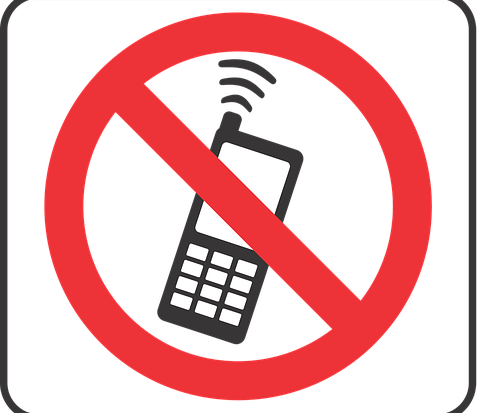Burnout: One Third of Remote Workers are Unable to Unplug

With remote work on the rise, workers often find it difficult to unplug. They struggle to separate life from work, while managers often cross the line and complicate it. Remote work expert recommends setting boundaries and taking up certain rituals to avoid burnout.
The remote working model is fairly new for most companies and may have caught them unprepared for the challenges ahead. It is reported that nearly a third of remoter workers face the difficulty of unplugging. High stress and pressure levels leave workers feeling exhausted and detached, which is harmful to the company as well. Taking the steps necessary to improve employee well-being should be a priority for work-from-home practice.
Separating work from life at home
Soprana Personnel International advises having a clear schedule for working hours and sticking to it. For example, it would be beneficial to create rituals, like changing into work clothes before the job and going for a walk afterward. Doing something different than daily work signals the brain to switch to home mode and rest.
While it probably seems easier said than done, it is crucial to establish personal boundaries. If the phone or computer is used the whole working day, setting it aside after work could be the first necessary boundary. Leaving technology alone for a solid amount of time would help one feel more grounded and rested overnight.
One of the main reasons for the inability to disconnect is not having a designated workspace and experiencing a conflation between the living space and workplace. Remote workers often struggle to focus without a distinct workstation setup. They become inefficient during the day and stay after working hours to finish the tasks.

While working on the living room couch might seem like a pleasant idea, each room has its setting that plays a significant role for us. The mind develops instinctive cognitive biases about our everyday physical spaces, which determine how we feel and behave. In the living room, the worker is usually less productive due to the many distractions that the room entails. Meanwhile, a dedicated working area brings a sense of legitimacy, and the employee is not tempted to engage in work-unrelated activities.
Managers should not contact employees after working hours
70% of workers state that they have been contacted by their employer at least once a week outside of working hours. It is better for managers to unplug in the evening and have rest too. In Lithuania, there may be a new provision added to the Labour Code, which states that the employee has the right to be unavailable to the employer outside of working hours if the nature of the work does not require it.
Regardless of whether it’s defined by law, managers should not to bother their employees after official working hours. Even if the manager wants to share some ideas or ask some random question, for example, where some files are, most likely, employees will get stressed and tense just to see their name on the phone. Also, the manager should not send emails after working hours. Lots of people check their work emails late in the evening or have notifications installed on phones. Even if they do not respond right away, they could feel guilty for not doing it.
Effects of leaving the problem unsolved
If the issue of remote workers’ inability to unplug isn’t addressed, one of the repercussions might be employee burnout. With remote work on the rise during the past few years, reported exhaustion among workers nearly doubled.
An unbalanced life-work routine results in the loss of welfare for companies. Overworked employees are bound to leave their jobs, and recruiting new ones is expensive. Soprana Personnel International estimates that the selection process and similar costs could reach up to €15 000—30 000. Not to mention the stress and discomfort that other workers can experience in such a climate.
When employee turnover happens, companies may lose team productivity, be forced to recruit new employees, suffer from lower morale, miss out on sales opportunities, and have to deal with additional expenses that could have been avoided if they had just held onto the remote worker in the first place.
This guest post was authored by Diana Blažaitienė

Diana Blažaitienė has over 15 years of experience as a professional inHR outsourcing and is CEO of Soprana Personnel International. She is currently empowering entrepreneurs to scale their businesses with hybrid and remote teams in IT, digital marketing, and fintech fields.
Diana Blažaitienė, photo by Vaida Šetkauskė
*******
Ms. Career Girl strives to provide valuable insights you can use. To see more from our columnists and guest authors, check these out! Or subscribe to our weekly email featuring our latest articles. We’re also present on Medium!

